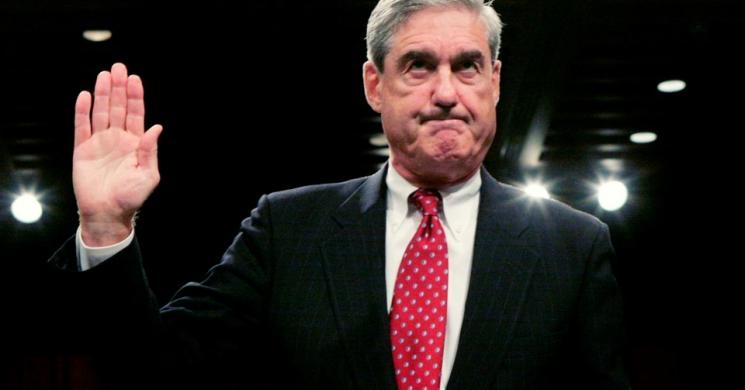
The Appointment
Deputy Attorney General Rod Rosenstein appointed former FBI director Robert Mueller as a special counsel in the Russia investigation on Wednesday, a major escalation in the ongoing federal probe into Moscow’s interference in the 2016 presidential election.
In a letter formalizing the appointment, Rosenstein said Mueller was authorized to oversee the entire Russia investigation, including “any links and/or coordination between the Russian government and individuals associated with the campaign of President Donald Trump” and “any matters that arose or may arise directly from the investigation.”
What it Means
It means unless you trust the people running this country with no reservations, then you should buy some insurance against human frailty - SKG
Under Justice Department rules, the attorney general can appoint a special counsel “when the facts create a conflict so substantial, or the exigencies of the situation are such that any initial investigation might taint the subsequent investigation.” Attorney General Jeff Sessions recused himself from “any existing or future investigations of any matter relating in any way to the campaigns for president of the United States” in March after news outlets reported he had misled Congress about his conversations with top Russian officials during the election. That left the decision in Rosenstein’s hands.
Mueller’s power is not unlimited. While Justice Department rules say he is not under the “day-to-day supervision” of Rosenstein, the deputy attorney general can still request an explanation for any prosecutorial or investigative act Mueller undertakes. If Rosenstein finds the step “inappropriate or unwarranted under established [Justice] Department practices,” he can order Mueller to not pursue it. Rosenstein must provide a written explanation to Congress if he issues such an order.
And unlike those who once led the independence counsel’s office, a post-Watergate creation that bedeviled the Reagan and Clinton administrations before its abolition in 1999, Mueller could still theoretically be fired by Rosenstein. An unwarranted dismissal, however, would almost certainly trigger a political crisis equal to or greater than the one that followed President Trump’s stunning ouster of former FBI Director James Comey last week.

No comments:
Post a Comment